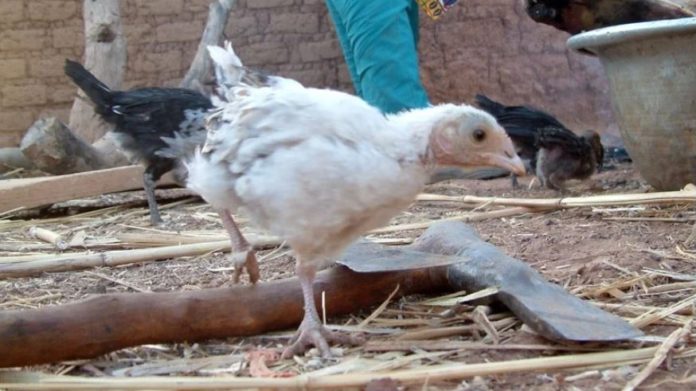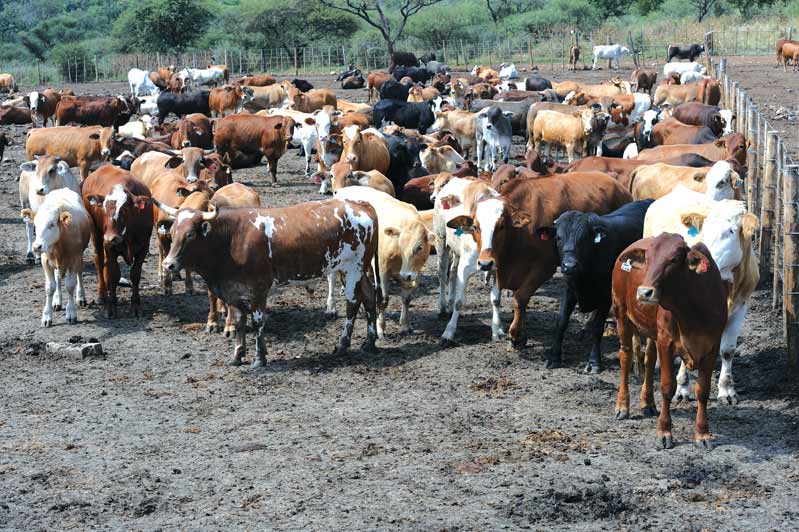Guinea has reported six outbreaks of highly pathogenic H5N1 avian influenza, commonly called bird flu, on farms in the western part of the country.
the World Organisation for Animal Health (OIE) confirmed the report and said the outbreaks were the first ones reported in Guinea and were mostly found at laying hen farms, the Paris-based body said, quoting information from Guinean health authorities. A total of 120,478 poultry died or were killed because of the outbreaks.
Avian influenza (AI)
Avian influenza (AI), commonly known as “bird flu,” is caused by an influenza type A virus. Avian influenza viruses occur naturally in wild birds, especially waterfowl and shore or wading birds. Wild bird species (such as ducks and geese) can carry and spread Avian Influenza viruses without becoming ill.
However, in recent months certain types of Highly Pathogenic Avian Influenza viruses have been affecting the wild waterfowl as well as domestic poultry species. Avian influenza in birds is very contagious and can cause serious disease and high mortality in domestic poultry such as chickens, quail, pheasants, guinea fowl and turkeys.
Most AI strains are classified as LPAI and cause few clinical signs in infected birds. In contrast, HPAI causes a severe illness with a high mortality rate among infected birds. Because some LPAI strains have the potential to genetically change into HPAI, authorities will depopulate flocks infected with those strains of LPAI before they have the potential to change to HPAI and cause severe mortality.









[…] Source link […]
Comments are closed.